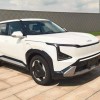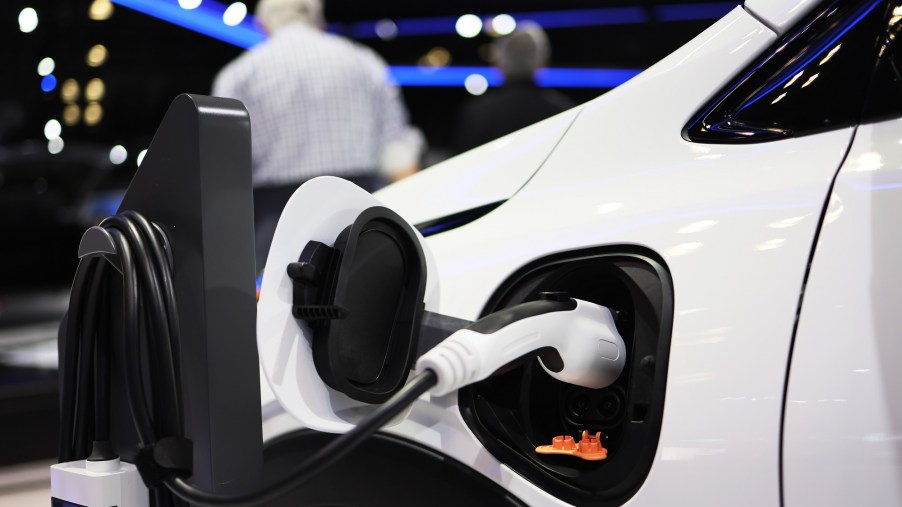
Electric Vehicles: Are EVs Really Environmentally Friendly?
Many consumers are opting for an electric vehicle (EV) or plug-in hybrid electric vehicle (PHEV) to replace their polluting gas-powered cars. These electrified cars, trucks, and crossovers are rising to popularity on the premise of environmental preservation and eliminating the need for harmful emissions. There are a couple of things to consider before concluding that EVs are the most environmentally friendly option for consumers.
Where do electric cars get their energy?
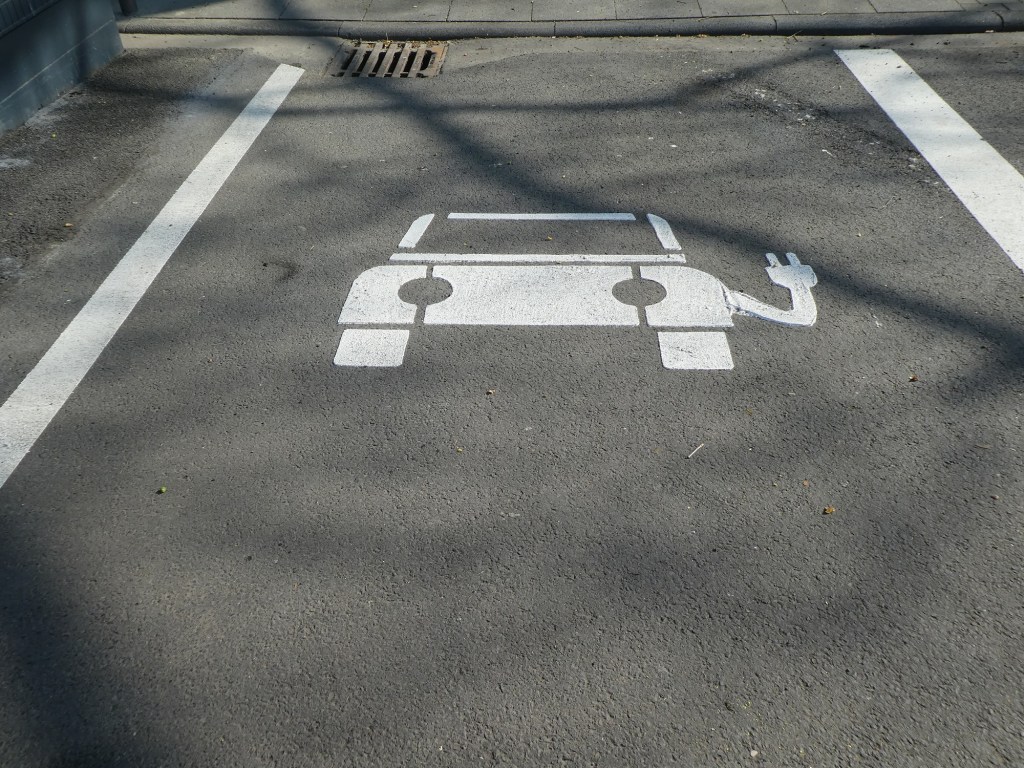
Although EVs create no emissions on board, they typically draw power from lithium-ion batteries. These batteries require charging, either at home or via a publicly accessible charging station. Further, the EV charging infrastructure is reliant on the power grid. Specifically, the grid draws power from plants like coal plants. So, although your EV does not produce any harmful emissions as you drive it, burning fossil fuels are involved in fueling it.
Charging during a different time of day can reduce harmful emissions from power plants
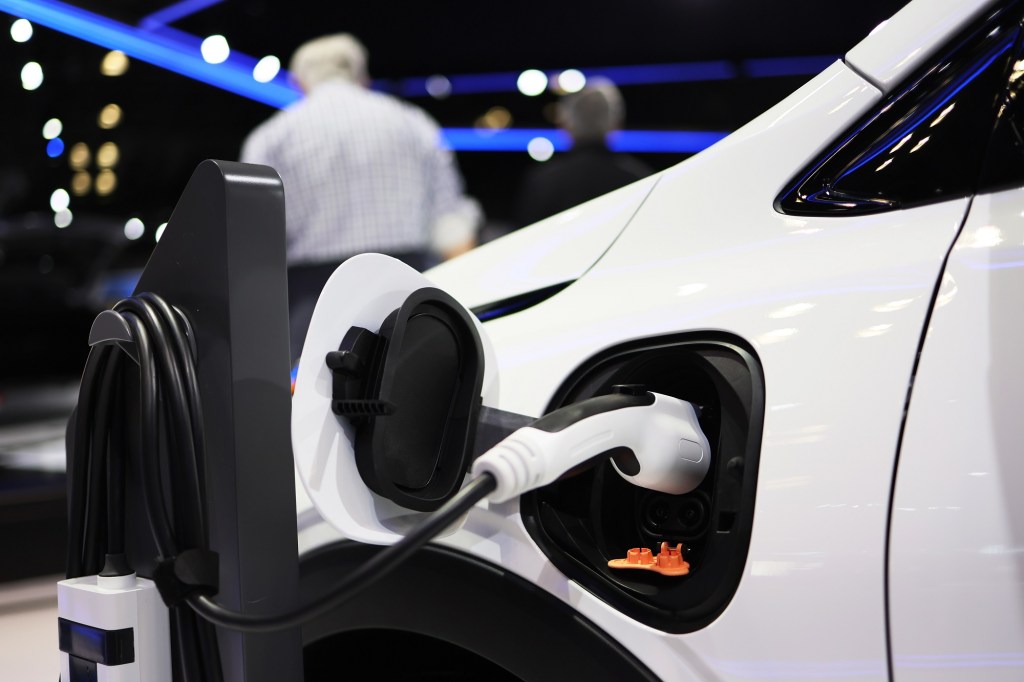
According to PC Mag, Washington D.C., Philadelphia, and Chicago utilize harmful coal-burning power plants during the night. However, the cities draw energy from cleaner sources during the day. As a result, a simple measure to clean up charging is to charge a vehicle during the day. Although that really depends on the practices of your regional power utilities.
Does temperature affect EV battery life?
Temperature extremes like excessive cold or heat can dramatically reduce lithium-ion battery life. Carnegie Mellon University’s Department of Engineering and Technology says that the most extreme cases of cold will compromise efficiency by as much as 40%. The decreased efficiency is an issue if the power stored in the battery packs of EVs is sourced from fossil fuel-burning.
Does EV and PHEV manufacturing create greater emissions than the vehicles are worth?
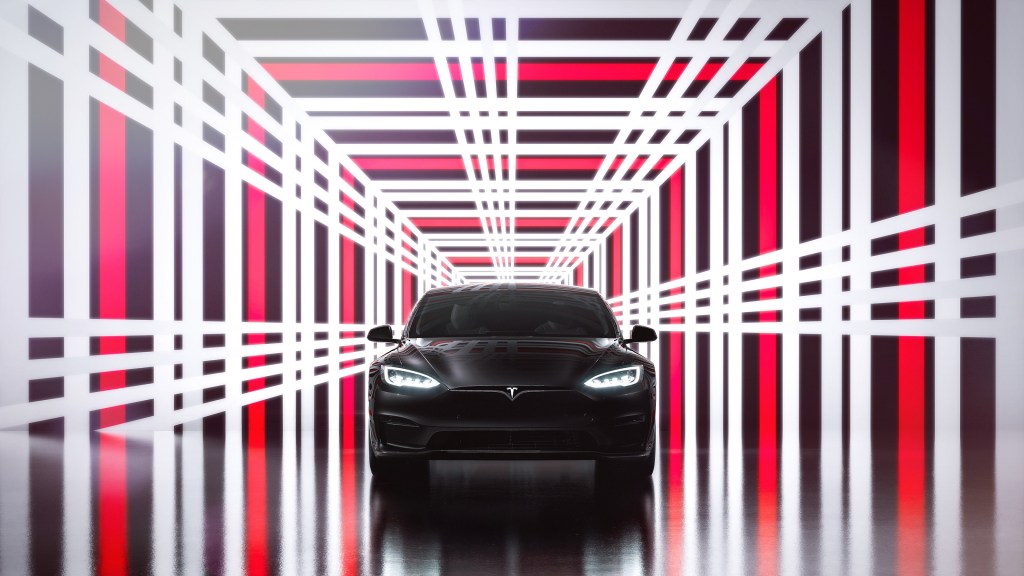
No, battery and EV manufacturing is not so harmful to the environment that it offsets the benefits of ownership. A Massachusetts Institute of Technology Energy Initiative study states that while the manufacturing process increases the vehicles’ environmental impact, the superior efficiency of an EV or PHEV will offset the emissions over time.
Furthermore, metals such as lithium and cobalt are wrapped up in environmentally and socially questionable processes. Although, CNBC reports that EVs are still more environmentally friendly over a vehicle’s lifetime than gas-powered alternatives.
Are electric vehicles good for city driving?
EV and PHEV battery efficiency is dependent on many factors, including the type of driving. Electric vehicles have the potential to reduce emissions when used in urban driving conditions drastically. They are especially efficient when contrasted to gas-powered vehicles in commuting situations. However, PC Mag reports that EVs and PHEVs are closer to the harmful emissions of gas-powered alternatives at highway speeds.
So are electric vehicles greener than gas-powered vehicles?
While there is no one perfect solution to environmentally friendly transportation, EVs and PHEVs are a step in the right direction. Electric vehicles are more environmentally sound over the course of a vehicle’s lifetime than gas-powered alternatives. In addition to efficiency during ownership, manufacturing concerns fail to offset the overall environmental benefits of EVs. Scroll down to the following article if you want to read more about choosing an EV or a gas-powered vehicle.
RELATED: Mercedes-Benz Vision EQXX Covered Over 1,000 km on One Charge


